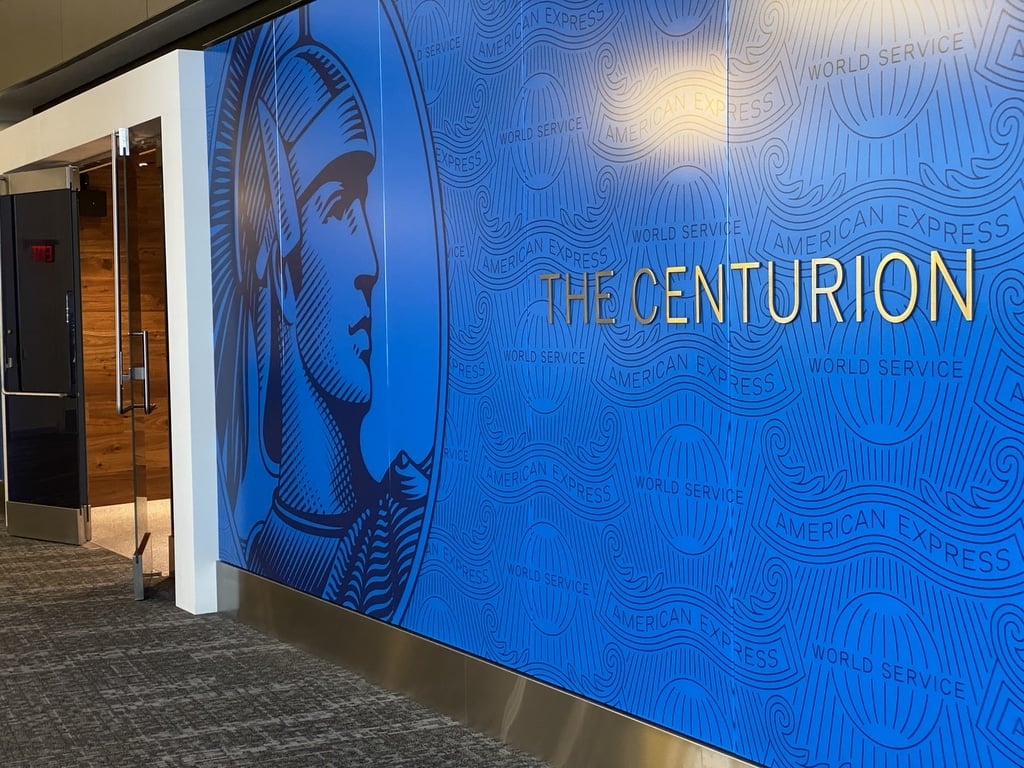This post contains references to products from one or more of our advertisers. We may receive compensation when you click on links to those products. For an explanation of our Advertising Disclosure, visit this page.
A question you might ask yourself how often should you check your credit score. After all, a credit score can be the most important factor when qualifying for a new credit card or loan. Checking your score can be easier and more affordable than you think. Plus, knowing your credit score before trying for a card can help you determine your best chances of approval.
Editor’s Note: Due to the COVID-19 pandemic, all three major credit bureaus (Experian, Equifax, and TransUnion) are offering consumers the chance to check their credit reports for free each week through April 2021.
How Often Should You Check Your Credit Score?
You should check your score at least once a year, but it’s not a bad idea to check it more often.
Additionally, how soon is too soon to get credit score updates? One year, quarterly, monthly, daily? The answer can be different for each person. You want to catch any suspicious activity (such as new accounts being opened in your name) before too much time passes. It’s easy to get free monthly updates from at least one credit bureau.
At Least Once a Year
Current federal law requires the three credit bureaus to provide your free credit report once a year. You can access your reports at annualcreditreport.com.
There are also several free credit score websites that let you track your score for free. Also, many of the best rewards credit cards offer free credit score monitoring.
Not too many years, ago, your only option to get regular credit score updates was to pay for a premium service like myFICO. This can still be your best option to see the most detailed credit scores and get real-time updates. However, a free service is sufficient for most people which provides monthly updates.
Related: Best Places to Get Free Credit Score Checks Without Affecting Your Credit
Before Applying for New Credit
It’s also not a bad idea to begin checking your credit score 3-6 months before applying for any new credit card or loan. This gives you ample time to try and boost your score or correct credit report errors before you apply. Since you can see your credit score for free, checking your score several months in advance is no longer a large expense like in the recent past.
Knowing your current score gives you a firm idea of what your approval odds are and what your interest rate can be.
Most banks report the hard credit pull for a credit card or loan application even if you don’t get approved. Your score drops unnecessarily in this instance.
For example, you should apply for the best credit cards within your credit score. Having a 740 credit score lets you qualify for many of the best credit cards. If your score is in the 600s your approval odds can be slim.
The lender or bank might also provide your credit score when they do a hard pull. However, you only see your score after you apply and authorize a hard credit inquiry. By then, it can be too late to make any changes to improve your score.
Look for Reporting Errors
In addition to seeing if your credit score is high enough for travel credit cards, checking your score regularly gives you an idea if you have credit score errors.
It’s not unusual for banks and lenders to improperly report a monthly payment, credit account information, or even your personal information. Although these details should drop off your report within 7 years, your score can be negatively affected in the meantime.
Instead of doing nothing, you can dispute the reporting error. Note that it can take several weeks to correct the error. But once the error corrects, your credit score will be accurate.
As each credit bureau uses its own credit report to generate your credit score, you may need to file a separate dispute for each bureau.
Identity Theft Monitoring
Another reason to check your score at least once per year is to monitor your credit report for identity theft. A sudden and unexpected drop can indicate possible identity theft. Hopefully, it’s only a credit reporting error that can be easily corrected.
Most monitoring services like Credit Karma and Credit Sesame can send you email and text alerts for unusual activity. Alerts are available for new hard credit inquiries, account openings, and recent tradeline payments.
Monitoring services generally only monitor your credit report from TransUnion. Others may monitor your information from two bureaus. You may need to purchase a subscription to monitor all three bureaus.
FICO Credit Score vs. VantageScore
What you may not realize is that you have many different credit scores. Your credit monitoring service will either offer a FICO credit score or a VantageScore.
FICO Score
When lenders talk about checking your credit score, they are most likely referring to your FICO Score. One bank that offers this score for free is Discover Bank. You get free monthly updates based on your TransUnion score. If you have one of the best Discover credit cards, this can be an easy way to track your score progress.
VantageScore 3.0
Many banks and free credit score websites track your VantageScore 3.0. This score is similar to your FICO credit score yet different in some regards. Your VantageScore can be several points higher or lower than your FICO score. But it’s accurate enough to give you a good idea of whether you have excellent, good, or fair credit.
It’s also possible to get the newer VantageScore 4.0 version. But the VantageScore 3.0 is still more common.
Credit Report Freeze
You can request a credit report freeze from each credit bureau for free. This action prevents hard credit pulls and doesn’t impact your credit score. You can still check your credit score with a freeze in place. However, you will need to unfreeze your report before applying for credit.
Summary
The various free credit score sites and maybe your current bank or credit card makes it easy to check your score. You should always check your score before applying for new credit and at least once a year. Developing this habit help you look for identity fraud and can motivate you to improve your score.
FAQs
How often can you check your credit score for free?
Most free credit score websites update your score monthly. Although, you can receive real-time monitoring alerts when potentially suspicious activity reports to your credit report.
One platform that updates your score weekly is Credit Karma. Your VantageScore 3.0 updates weekly from Equifax and TransUnion.
Unlike your credit report which you are legally entitled to receive once each year, the bureaus are not required to provide your three-digit credit score.
Is it bad to check your credit score too often?
It’s not a bad idea to check your credit score often if each glimpse isn’t a “hard inquiry.” This is usually only the case if you access your score when applying for a new credit card, loan, or a new job.
Your bank or a free credit score monitoring service like Credit Karma uses a “soft inquiry” to check your credit score. They access your credit report without leaving an official record like when a bank, lender, or employer does a hard pull.
Checking your score often can also motivate you to improve your score. And, you know if you are handling credit responsibly.
It may not be a good idea to check your score often if it causes stress or you don’t plan on applying for credit soon. Although, you should still see your current score at least once a year to monitor for fraud or reporting errors.
Does Credit Karma hurt your score?
No, checking your credit score with Credit Karma doesn’t hurt your score. This is also true with other free credit monitoring services like Credit Sesame, your bank, or your credit card provider.
Is it good to check your credit score every month?
Checking your credit score once a month is probably the best frequency for most people. Most credit monitoring services update your score monthly. Each month, you can verify the banks and lenders correctly report your payments. Viewing your credit score and credit report monthly also lets you search for possible identity fraud.
Also, checking your score monthly won’t impact your score. You should see in the monitoring services terms and conditions or FAQs that they perform a “soft credit pull.” This request is similar to getting credit card pre-approval.
Remember that the credit score you see each month may be different than the version the lender sees when they do a hard inquiry. That’s because there are industry-specific versions of the FICO Score. Plus, you may also only see the VantageScore 3.0 which is different from a FICO credit score as well.
Related Articles:







